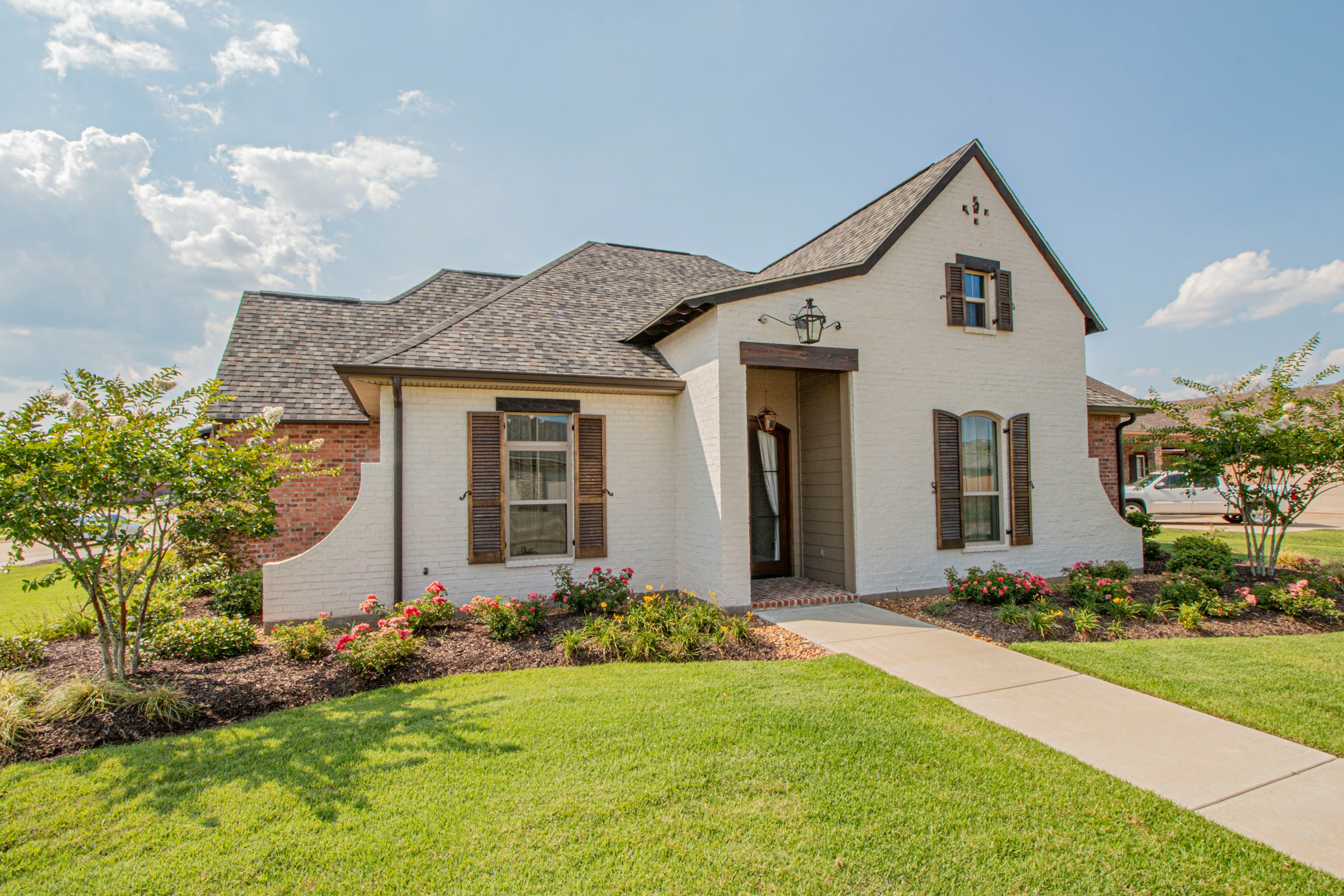The day is bright, the sun is out, and you’ve just had a brilliant idea: why not utilise this abundant solar energy to power your home? You’ve read articles about how solar panels can significantly reduce energy bills and contribute to a cleaner climate. However, there’s a question lingering in your mind: How will installing a solar system impact your home insurance costs? In this article, you’ll find out how the transition from conventional energy sources to solar power affects home insurance costs in rural Yorkshire.
The Shift to Solar Power
Installing solar panels on your home or church is a wise move. Not only does it significantly reduce your dependency on traditional energy sources, but it also allows you to play a pivotal role in curbing climate change. Solar panels convert sunlight into electricity, providing a solar source of power that can supply your home’s energy needs.
Sujet a lire : Holidays rental in la tania: your perfect mountain escape
However, despite the numerous benefits, the shift to solar energy is not straightforward. It requires a significant initial cost for the installation of the solar panel system. Moreover, the implications on home insurance need to be considered as well. Installing a solar system might seem like a simple home improvement, but it can significantly affect your home insurance policy.
The Impact on Home Insurance
Now, let’s delve into how installing solar panels affects your home insurance. Generally, adding solar panels increases the value of your property. It’s a valuable addition that combines both functionality and sustainability. However, with an increase in value comes an increase in your home insurance premium.
A lire aussi : What are the considerations for investing in senior living facilities in rural England?
Imagine your home as a canvas waiting to get more colours; the solar panels are those extra colours. More colours mean a more valuable painting, right? The same principle applies to your home. The installation of solar panels adds value to it, and this added value is something your insurer will take into consideration when calculating your premium.
Additionally, the nature of solar panels – fragile, exposed to weather conditions, and prone to damage – might also increase your insurance premium. Solar panels are susceptible to various risks, such as hail, fire, or even theft. Consequently, insurers often consider these added risks when determining your insurance premium.
The Solar Panel and Home Insurance in Rural Yorkshire
In rural Yorkshire, the situation is slightly different. The region’s unique geographic and climatic conditions can influence the insurance costs associated with solar panel installations. The rural location, combined with the often unpredictable weather conditions, can pose an increased risk of damage to solar panels.
For instance, Yorkshire’s unpredictable weather, marked by frequent rain and hail, can potentially damage the panels, leading to repair or replacement costs. Consequently, the insurers might factor these risks into your premium, potentially increasing your home insurance costs.
However, rest assured, the increased premium does not necessarily outweigh the benefits of solar panels. The savings you make on your energy bills can cover the increase in your insurance costs, and the potential benefits for the environment are priceless.
Grants and Subsidies for Solar Panel Installation
The good news is, there are various grants and subsidies available for those interested in making the switch to solar power in Yorkshire. These grants aim to encourage the adoption of renewable energy sources and can significantly offset the initial installation costs.
For instance, the Home Energy Efficiency Scheme is a grant program provided by the government that can cover up to 30% of the cost of solar panel installation. The Green Deal is another scheme that provides loans for energy-saving improvements, including solar panel installation. These loans are repaid through your energy bills, and the savings from the solar panels usually cover the repayment costs.
Furthermore, the Feed-In Tariffs (FITs) scheme allows you to earn money by exporting the excess solar power you generate back to the grid. This additional income can help offset the increase in your home insurance premium.
Final Thoughts
Understanding the implications of solar panel installation on home insurance is crucial before making the switch to solar power. Although the installation of solar panels can increase your home insurance premium, the benefits truly outweigh the costs. By taking advantage of available grants and subsidies, you can mitigate the initial installation costs and the increase in insurance premium. Thus, you can enjoy a sustainable, energy-efficient lifestyle without breaking the bank.
A Practical Guide to Solar Panel Installation
Before you jump headfirst into the solar thermal revolution, it is crucial to know a few essential things about solar panels. Not just the cost, but also the design installation, planning permission, and the overall process of integrating solar power into your house plans.
Firstly, installing solar panels isn’t a quick weekend home project. It requires careful planning and professional assistance. You need to evaluate your home’s suitability for a solar panel system, considering factors like the size and orientation of your roof, the amount of sunlight your property receives, and the local climate.
In terms of design installation, solar panels can either be mounted on your roof or installed on the ground. Each option has its own set of advantages and drawbacks. Roof-mounted solar panels, for instance, are space-efficient and less likely to be shaded, but they may require additional cladding materials for protection and stability. On the other hand, ground-mounted solar panels are easier to access for maintenance, but they take up yard space and may require additional planning permissions.
Speaking of planning permission, you must also consider the local regulations. In rural Yorkshire, for instance, you may not need planning permission for most solar installations, as they are generally considered ‘permitted developments’. However, there are still specific rules and conditions to follow. For example, the panels should not be installed above the highest part of the roof (excluding the chimney) and should not protrude more than 200mm from the roof slope. It is recommended to refer to a comprehensive cladding guide or consult a local authority to ensure compliance.
Solar Panel and Hot Water Systems
Now, let’s talk about another potential benefit of installing solar panels — hot water. A solar thermal system can be an excellent solution for your hot water needs, especially if you consume a lot of hot water in your household. This type of system uses the heat from the sun to warm up water, which can then be used for bathing, washing dishes, or heating your home.
Solar thermal systems consist of solar collectors (which absorb sunlight), a heat transfer system, and a hot water storage tank. The energy captured by the solar collectors is transferred to the water tank via a heat exchanger, and the heated water can then be used directly or stored for later use.
By combining solar panels with a solar thermal system, you can maximise the usage of solar energy in your home and further reduce your dependence on traditional energy sources. However, keep in mind that the installation of a solar thermal system might increase your insurance premium slightly, just like the installation of solar panels.
In Conclusion
While the installation of solar panels can indeed affect your home insurance costs, it’s not all gloom and doom. With the various grants and subsidies available, and the potential savings on energy bills, the overall cost to build a solar-powered home can be quite reasonable.
Moreover, the transition to solar power is not merely a financial decision. It signifies your contribution to a sustainable future, reducing carbon emissions, and advocating for renewable energy. So, as you plan your solar-powered house complete with a solar thermal system, remember that you’re not just building a house. You’re building a home that stands as a beacon of sustainability and forward-thinking in rural Yorkshire. And that, in itself, is priceless.






